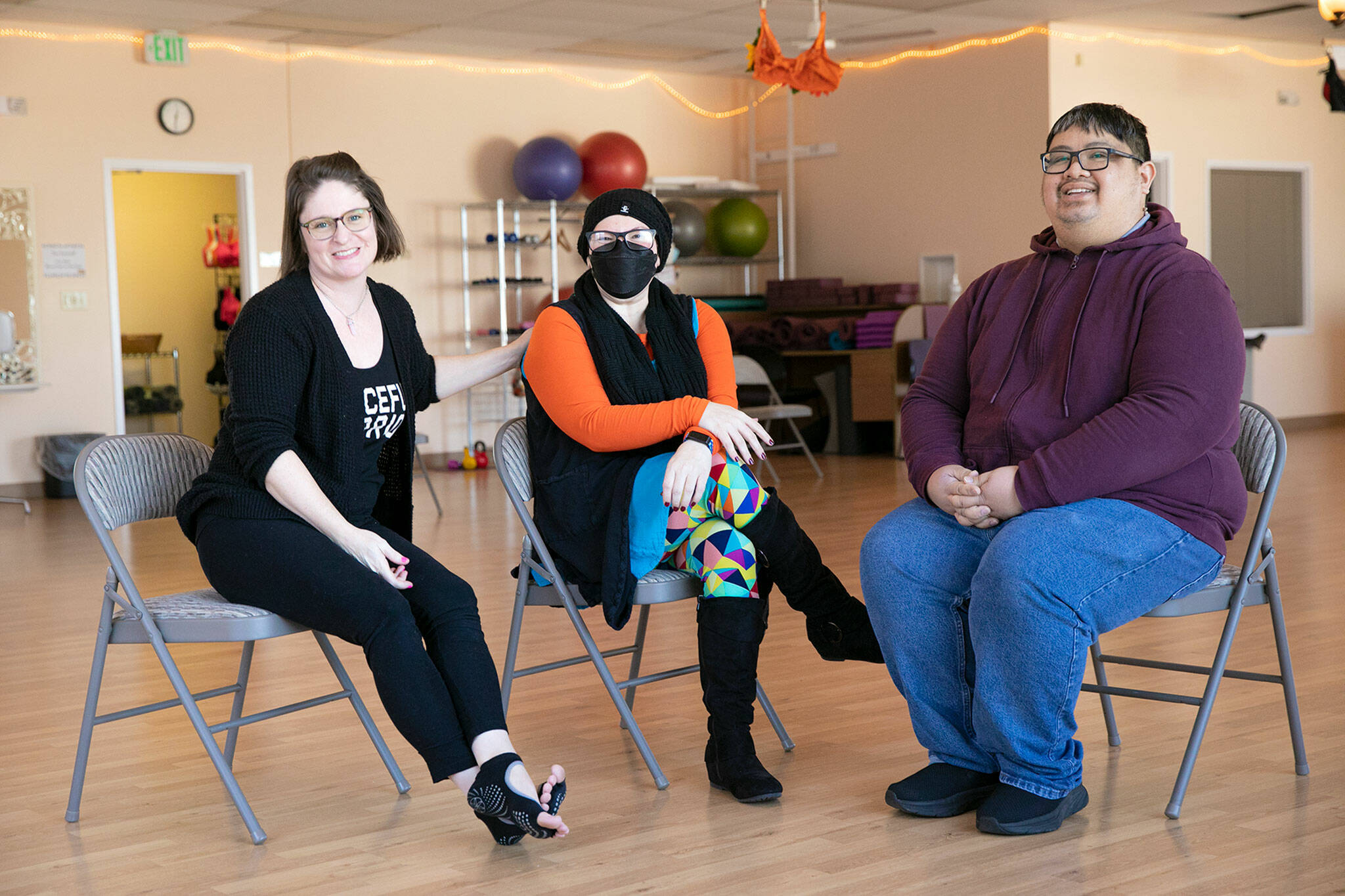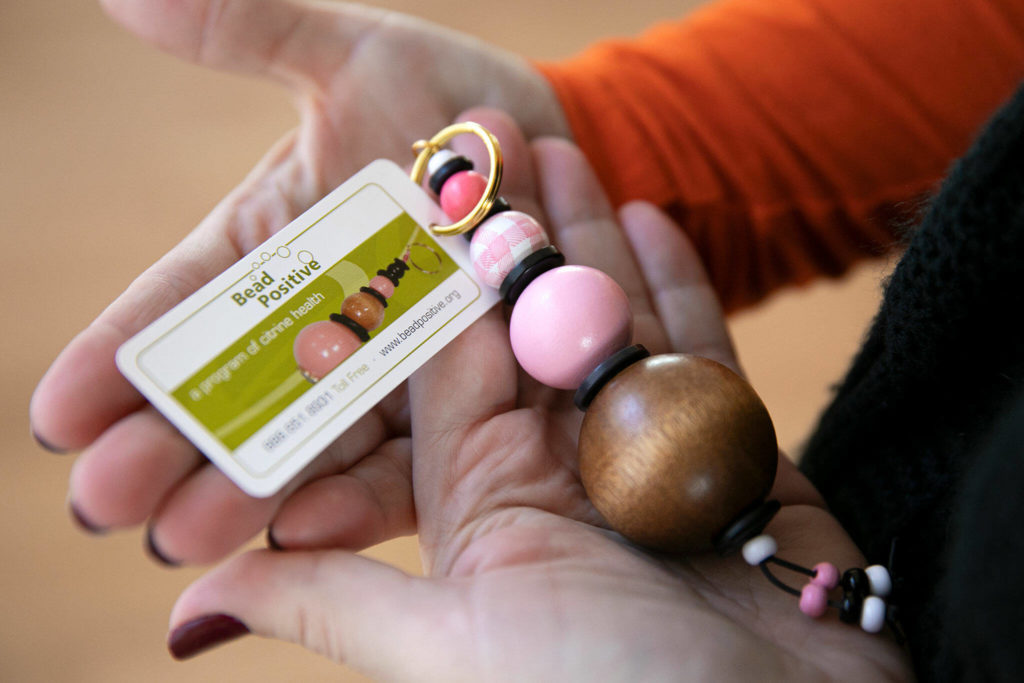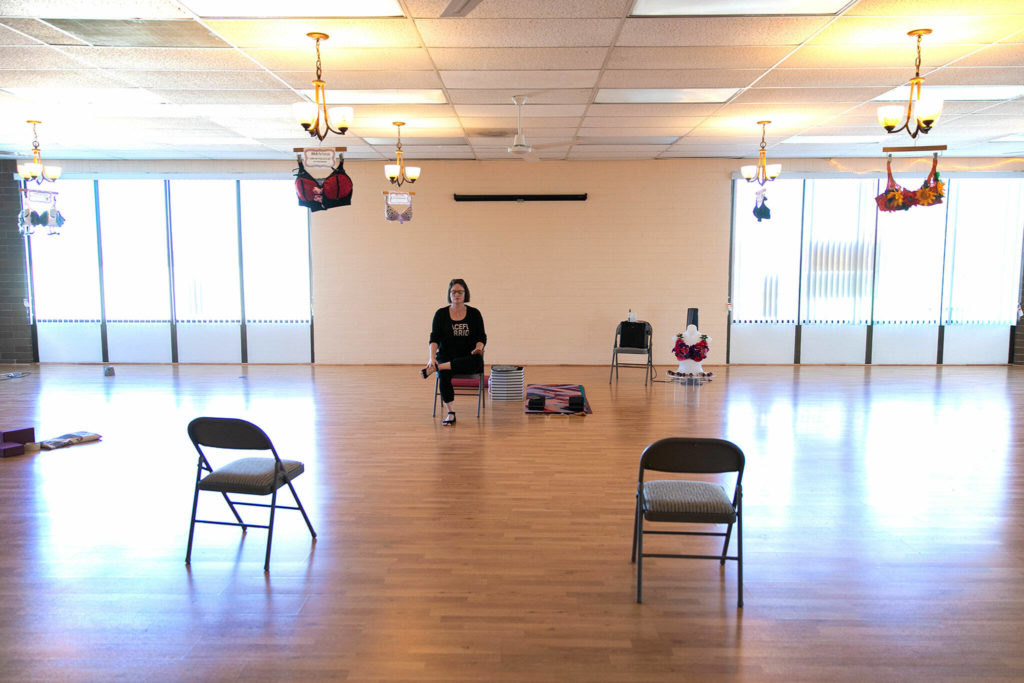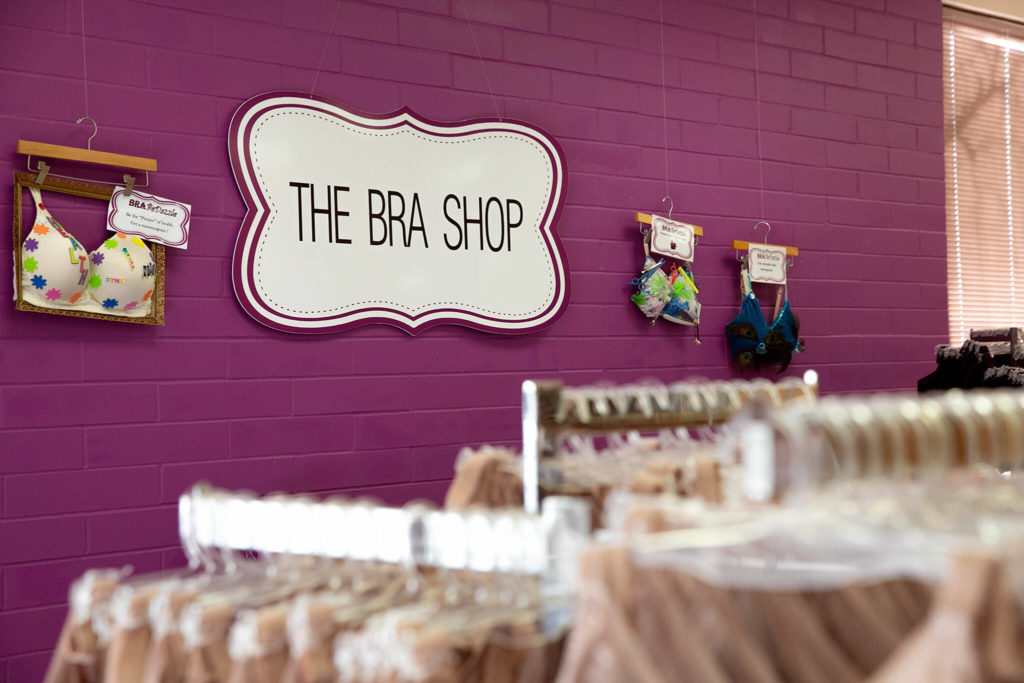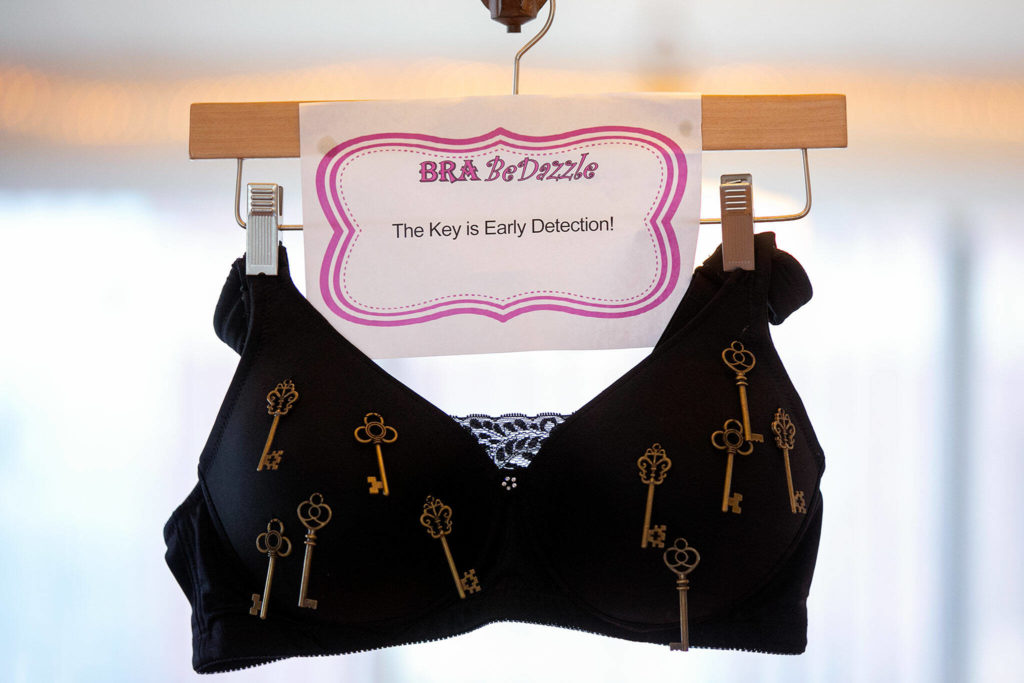EVERETT — When you’re falling down a mountain, it’s hard to stop scrambling long enough to pull yourself back up the slope.
You might be struggling with food insecurity. Maybe you can’t afford preventative health care. And when serious health issues rear their heads, no one may be around to help you manage life’s daily tasks, let alone with the ever-growing stack of bills.
What you might not know, if you’re busy just trying to survive, is that there are resources to help you through all of those circumstances. And that’s just the problem, in Kerri Mallams’s eyes — it’s hard to know where to turn for help.
Through her nonprofit organization, Citrine Health, Mallams and her staff guide women and their families through the obstacle course of finding accessible health care, financial aid and self-care. Over the two-plus decades they’ve been around, the Everett-based group of social workers and volunteers has been an outstretched hand for countless people who otherwise may have fallen down that mountain.
Mallams first saw the need for an all-in-one medical, financial and emotional support hub in 1996 as an undergraduate studying social work. She set out to coordinate a Christmas luncheon for women living with HIV and AIDS, and quickly realized many of the attendees had never met another woman facing the same struggle.
The one-off lunch grew into a support group. Eventually, HIV was no longer the death sentence it had once been. Mallams realized the women she’d been connecting now needed a different kind of support, a long-term resource they could turn to for help with everyday problems.
The newly-minted Citrine Health then broadened its reach to anyone who needed their help. Mallams jokes it was “the internship that never ended.”
Today, Citrine stays true to its original mission, providing all kinds of assistance to women and historically underserved groups. Mallams and a handful of full-time community resource navigators have become experts in the myriad programs available to low-income families, from the state program that offers free breast and cervical health screenings to the underinsured to the eligibility requirements for applying to Basic Food, the assistance program formerly known as food stamps.
Citrine also offers yoga classes at a “pre-beginner” level, Mallams said, targeting a gap staff saw in accessible and affordable exercise programming. Mallams said she believes having a safe place for clients to relax, body and mind, is crucial to creating that same sense of supportive community the organization started out with.
“You could be on disability, living on $500 a month, and you can still come to this yoga class,” Mallams said. “Which can be a rare thing, to find classes that are at your skill level and to get that connection, that social and emotional sense of identity that a person can find in a group working together.”
Meghan Gosting, one of Citrine’s resource navigators, said reaching everyone who could use the organization’s support is inherently pretty challenging. The group’s outreach efforts are largely geared towards folks who otherwise have never had easy access to the connections Citrine offers, and that makes it difficult to know who they’re overlooking, Gosting said.
That’s why much of that outreach is true boots-on-the-ground engagement with the communities Citrine wants to serve. Gosting said staffers attend local workshops, community meetings and food bank distributions regularly so folks will know they’re a trusted presence with a real investment in the cause. And once they call Citrine’s office — in English or Spanish — they’ll reach someone like Gosting who can connect them quickly with the help they need.
Often, the biggest obstacle Gosting faces is people discounting assistance programs right off the bat, believing they aren’t eligible. She’s helped tons of families apply for life-changing food aid or social programs that, had they never reached out to Citrine, they may never have known they could get.
“It can be so overwhelming. You know, I can look at a basic application and get through it in two minutes. But someone else is looking at it for the first time and doesn’t know what any of this means,” Gosting said. “They think, ‘Why should I even bother?’ and sometimes people will give up. When someone really needs help, we only want them to have to reach out once.”
Riley Haun: 425-339-3192; riley.haun@heraldnet.com; Twitter: @RHaunID.
Talk to us
> Give us your news tips.
> Send us a letter to the editor.
> More Herald contact information.
